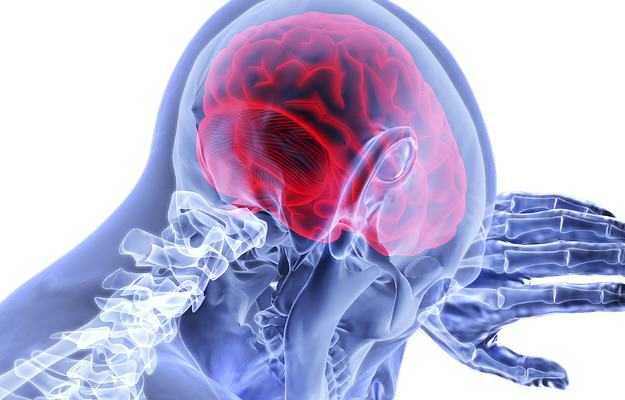What is herpes simplex encephalitis?
Although rarely occurring, herpes simplex encephalitis is a neurological condition with a high death rate and morbidity rate. It is caused by herpes simplex virus and manifests as fever, hyperactivity, drowsiness, and/or general weakness.
What are its main signs and symptoms?
- Early symptoms include:
- Late symptoms include:
- Difficulty in communicating through speech or writing
- Loss of sense of smell
- Memory loss
- Hyperactivity
- Psychotic episodes
- Additional severe symptoms include:
- Altered reflexes
- Loss of consciousness
- Hallucinations
- Partial paralysis
- Inflammation of the retina
What are the main causes?
- The most common cause of herpes simplex encephalitis is a herpes simplex virus type I infection.
- Other uncommon causes include:
- Herpes simplex virus type II infection (more common in the newborns).
- Some of the symptoms of herpes simplex encephalitis may arise as a result of tissue degeneration associated with haemorrhagic necrosis (death of the tissue) in the brain.
- Herpes simplex encephalitis occurs when an inactive, dormant herpes simplex virus lying in the nerve tissue becomes reactive as a result of stress or trauma. The latent virus has the potential to become reactive years after initial exposure to herpes simplex virus.
How is it diagnosed and treated?
Diagnosis of herpes simplex encephalitis is based on clinical examination and investigations.
Investigations include:
- Blood test
- Cerebrospinal fluid examination
- Electroencephalogram
- Magnetic resonance imaging (MRI)
- Brain biopsy
Early treatment with antiviral medications has shown to be beneficial in recovering from herpes simplex encephalitis.
The doctor may prescribe a 14-day course of acyclovir tablets as needed.
Depending on the severity of the condition, the doctor may administer intravenous acyclovir.
Anticonvulsants will be necessary in the case of seizures associated with herpes simplex encephalitis.
Elevation of the head, mannitol or glycerol administration and hyperventilation may be advised in order to maintain a reduced arterial partial pressure of carbon dioxide.

 Doctors for Herpes Simplex Encephalitis (HSE)
Doctors for Herpes Simplex Encephalitis (HSE)  OTC Medicines for Herpes Simplex Encephalitis (HSE)
OTC Medicines for Herpes Simplex Encephalitis (HSE)



















